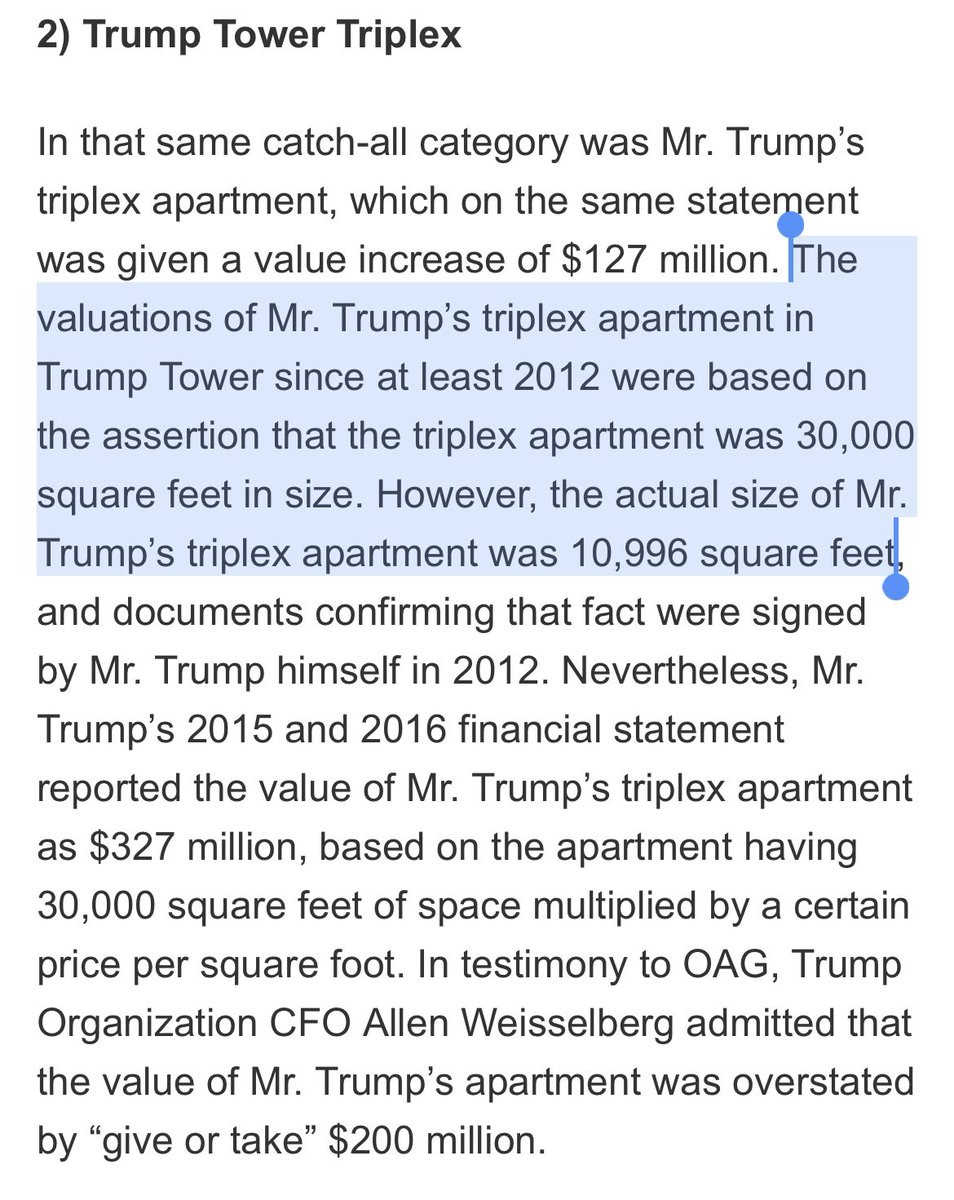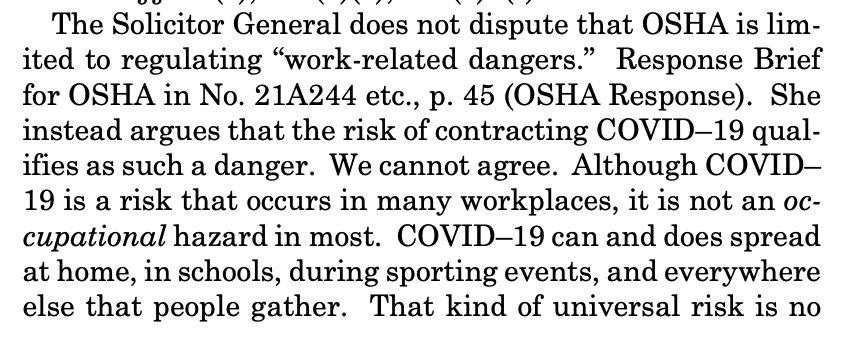
Prince Andrew has filed his answer in the lawsuit by Virginia Giuffre that he was unable to get dismissed. storage.courtlistener.com/recap/gov.usco…
The Prince's admissions:
- He met Epstein c. 1999
- Epstein and Maxwell attended his 40th bday
- He's been on Epstein's plane, stayed at his island, and at three of his other residences.
- He did the 2019 Newsnight interview.
- He pledged to assist the US criminal investigation.
- He met Epstein c. 1999
- Epstein and Maxwell attended his 40th bday
- He's been on Epstein's plane, stayed at his island, and at three of his other residences.
- He did the 2019 Newsnight interview.
- He pledged to assist the US criminal investigation.
In order to understand the answer, you have to read it side by side with the complaint: storage.courtlistener.com/recap/gov.usco…. It's what you'd expect, but this sequence has me scratching my head a little. (Complaint / Answer) 



In a few places in his answer, Prince Andrew "denies that he ever engaged in sexual acts with Giuffre."
Accordingly, I'd have thought the paragraph 38 allegation would logically merit at least a partial denial.
Accordingly, I'd have thought the paragraph 38 allegation would logically merit at least a partial denial.
• • •
Missing some Tweet in this thread? You can try to
force a refresh













